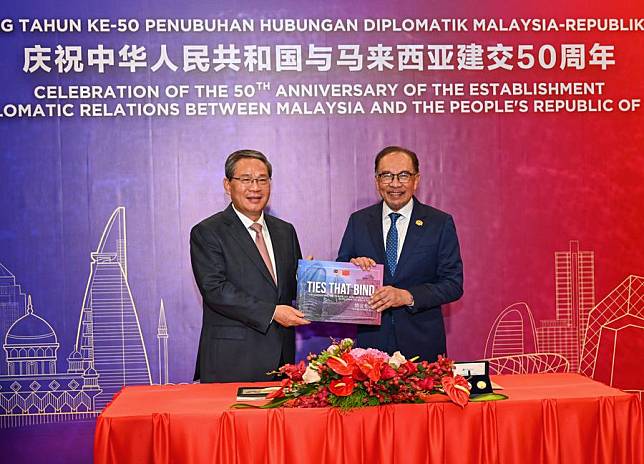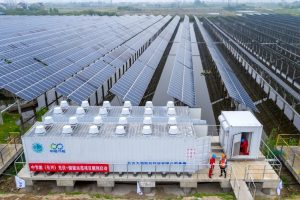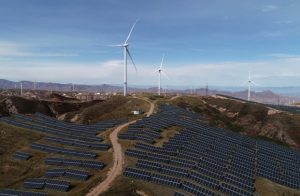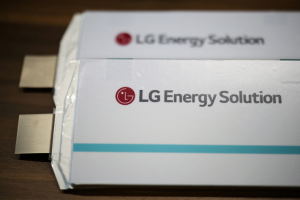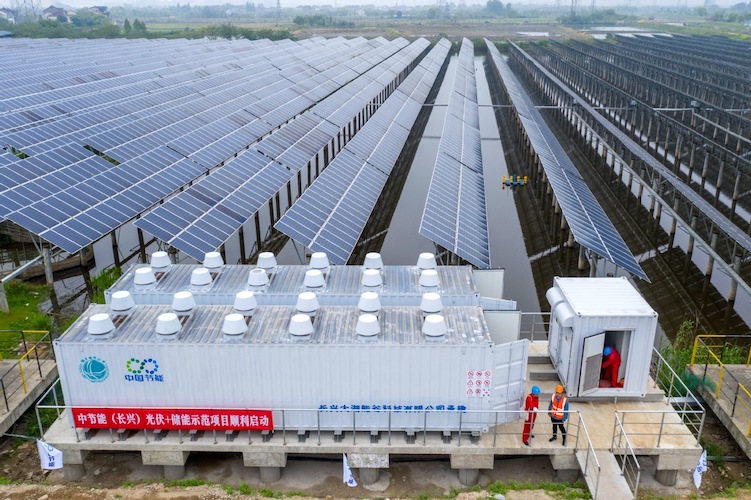Deals worth up to $2.8 billion (13.3 billion ringgit) were signed in Kuala this week during Chinese Premier Li Qiang’s three-day visit to Malaysia, local trade officials said on Thursday.
The deals involve banking, oil and gas, energy, and education, the trade ministry said. But potentially bigger news is Beijing’s vow to look at a revised plan to connect Malaysia to China’s long-term goal of a high-speed rail link from Kunming to Singapore.
The China to Singapore route was a high-profile goal in the early years of the Belt and Road Scheme over a decade ago, but hit problems because Thai governments were wary of the huge costs and construction demands for the line proposed across the country’s northeast and down the southern peninsula.
ALSO SEE: Chinese Carmakers Call For 25% Retaliatory Tariffs on EU Cars
But the ‘success’ of the first 1,000km of the route, down through Laos, which opened in late 2021 – but left Vientiane saddled with huge debt – has sparked greater enthusiasm for a high-speed link in Thailand, while China’s rail projects in Malaysia were also adjusted during Mahathir’s recent term in office.
And Li Qiang said this week that China is willing to study a plan to connect Malaysia’s $10-billion East Coast Rail Link (ECRL) to other China-backed railway projects in Laos and Thailand. That has the potential of achieving Beijing’s original idea of a line right down to the southern tip of mainland Southeast Asia.
The Chinese PM said on Wednesday the proposal would make the proposed Pan-Asia Railway, from Kunming in China’s southern Yunnan province, to Singapore, a reality.
“This will better promote the construction of new international land and sea trade corridors, enhance regional connectivity, and deepen the building of the ASEAN community,” Li said.
Li spoke during a ground-breaking ceremony at a construction site for the ECRL – a 665-km (413-mile) railway that will link peninsular Malaysia’s east and west coasts by the end of 2026.
Malaysia’s government said in March it would consider extending the China-backed project to its border with Thailand.
Li is on the third leg of a trip that has included New Zealand and Australia, as China looks to expand influence and investments in the Asia-Pacific region amid an ongoing rivalry with the United States.
Durian deal, 50 years of ties
He met Malaysian Prime Minister Anwar Ibrahim in the administrative capital of Putrajaya, following his arrival in Kuala Lumpur on Tuesday for a visit to mark 50 years of diplomatic ties between the two countries.
After Wednesday’s closed-door meeting, Li and Anwar witnessed the signing of more than a dozen pacts, including renewing a five-year programme to collaborate in areas such as trade and investment, agriculture, manufacturing, infrastructure and financial services, a statement after the meeting showed.
The programme, which will expire in 2028, was first introduced in 2013.
China also agreed to allow imports of fresh durian from Malaysia after it meets sanitary requirements, the statement added.
Malaysia, one of the world’s biggest producers of the spiky, smelly fruit, was previously allowed to ship only the whole frozen fruit and its products to China, with exports valued at 1.19 billion ringgit ($253 million) in 2023.
The two countries also vowed to review visa-free travel arrangements set to expire in coming months.
China has been Malaysia’s largest trading partner since 2009, and the foreign ministry said total trade was valued at $98.9 billion in 2023.
Anwar has pledged to remain neutral on China’s geopolitical rivalry with the United States. Malaysia has announced large investments by companies from both countries this year, including from China’s ByteDance and US tech giants Google and Microsoft.
Anwar has said Malaysia considered China an important trading ally and accused some Western powers of “China-phobia”, amid ongoing clashes between neighbouring the Philippines and China in the disputed South China Sea.
China claims almost the entire South China Sea, including parts claimed by the Philippines, Brunei, Malaysia, Taiwan and Vietnam.
Anwar and Li on Wednesday agreed that China and relevant countries from the 10-member Association of Southeast Asian Nations (ASEAN) should independently handle the South China Sea issue, according to a report by Chinese news agency Xinhua.
The two leaders also pledged to work towards an early conclusion of a free-trade agreement between China and ASEAN, Xinhua reported.
- Jim Pollard with Reuters




